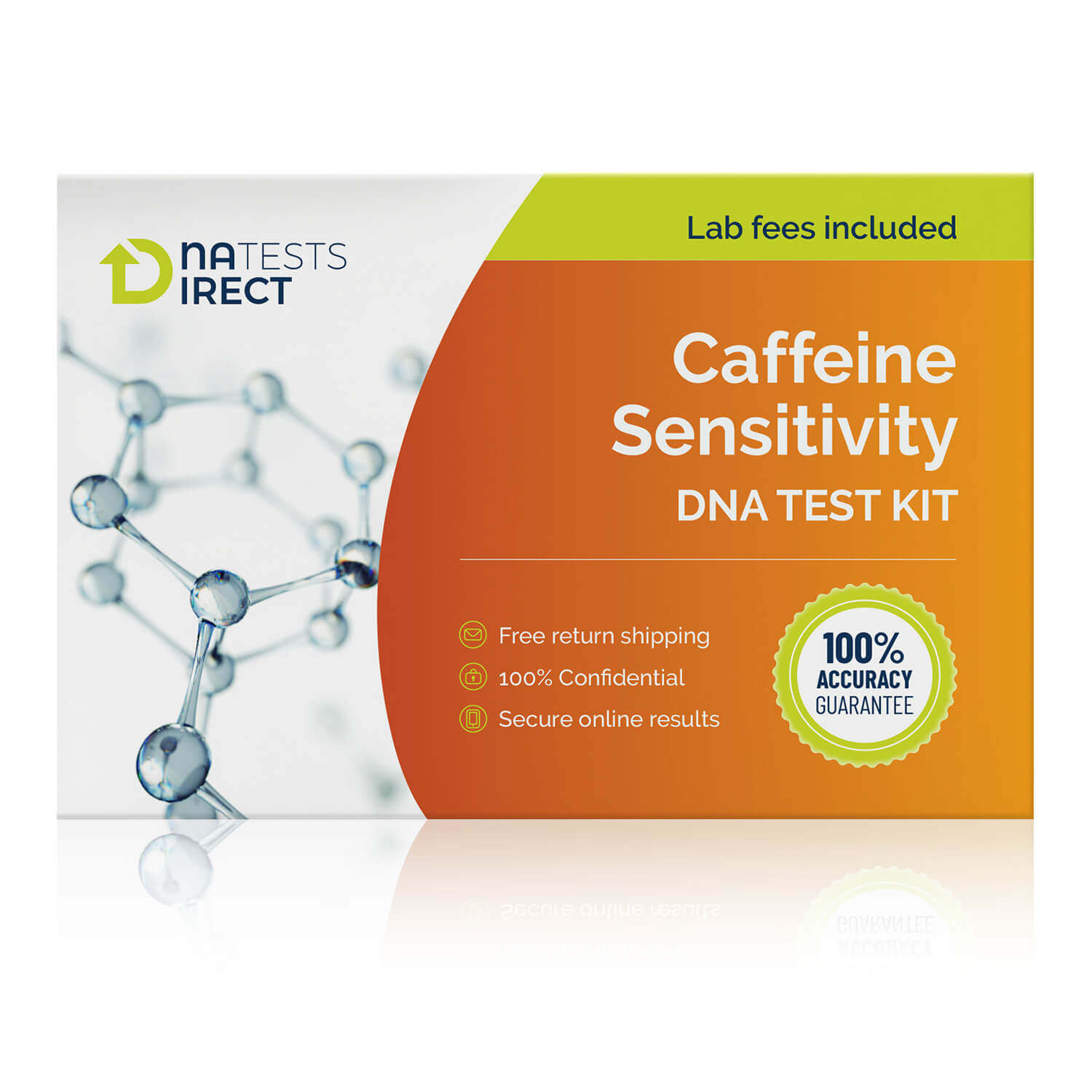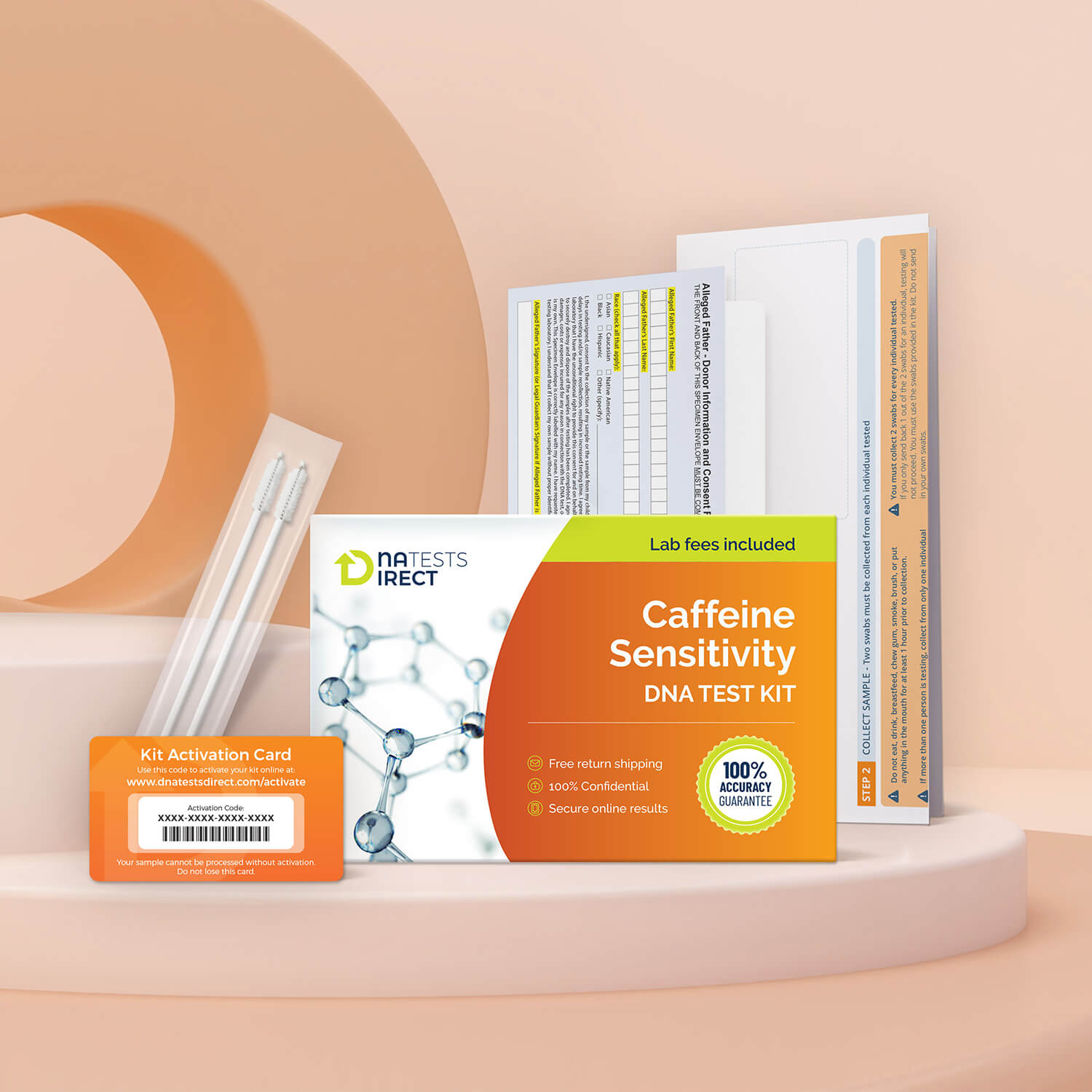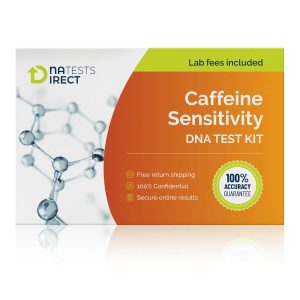 DNA Caffeine Sensitivity Test
DNA Caffeine Sensitivity TestDNA Caffeine Sensitivity Test
$149
Is caffeine your friend or foe?
Ever wonder why some people can drink coffee all day while others feel jittery after just one cup? This difference is due to caffeine sensitivity, which varies from person to person. Our DNA Caffeine Sensitivity Test can help you understand how your body processes caffeine, allowing you to make more informed choices about your caffeine consumption for better health and well-being.
- Get the Facts: Learn whether you're a fast or slow caffeine metabolizer.
- Online Results: Receive confidential results through a secure online portal, ensuring your privacy and peace of mind at every step.
- Painless Sampling: Collect your DNA samples with easy-to-use mouth swabs – no blood or needles required.
How It Works

Order
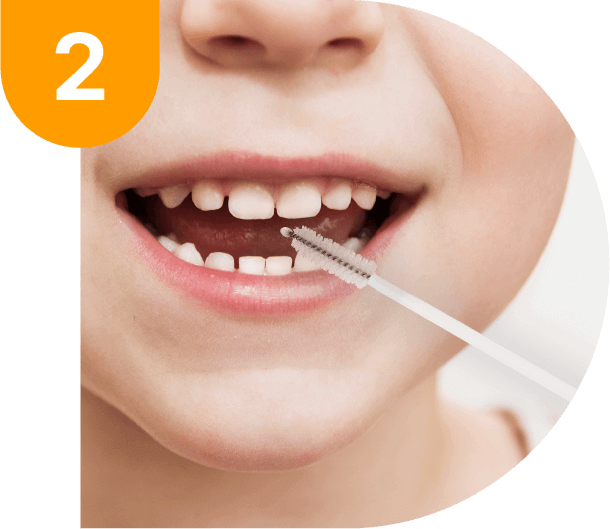
Send
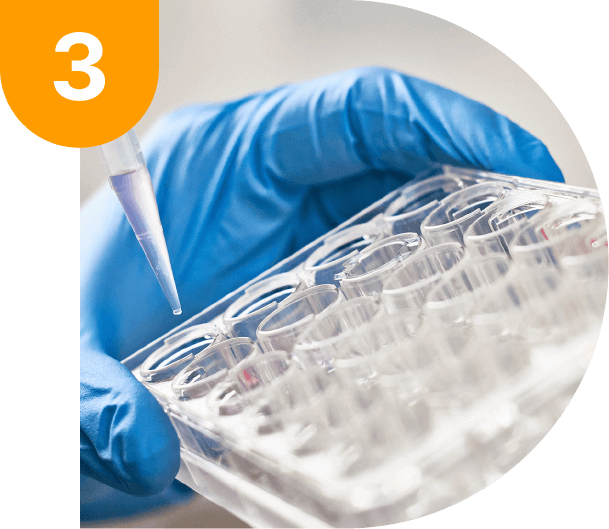
Receive your results

Results
What is Caffeine Sensitivity?
Caffeine sensitivity refers to how your body reacts to caffeine, a natural stimulant found in coffee, tea, chocolate, and many energy drinks. When you consume caffeine, it enters your bloodstream and interacts with various receptors in your brain and body, producing stimulating effects. However, the degree of these effects depends on how efficiently your body breaks down and eliminates caffeine.
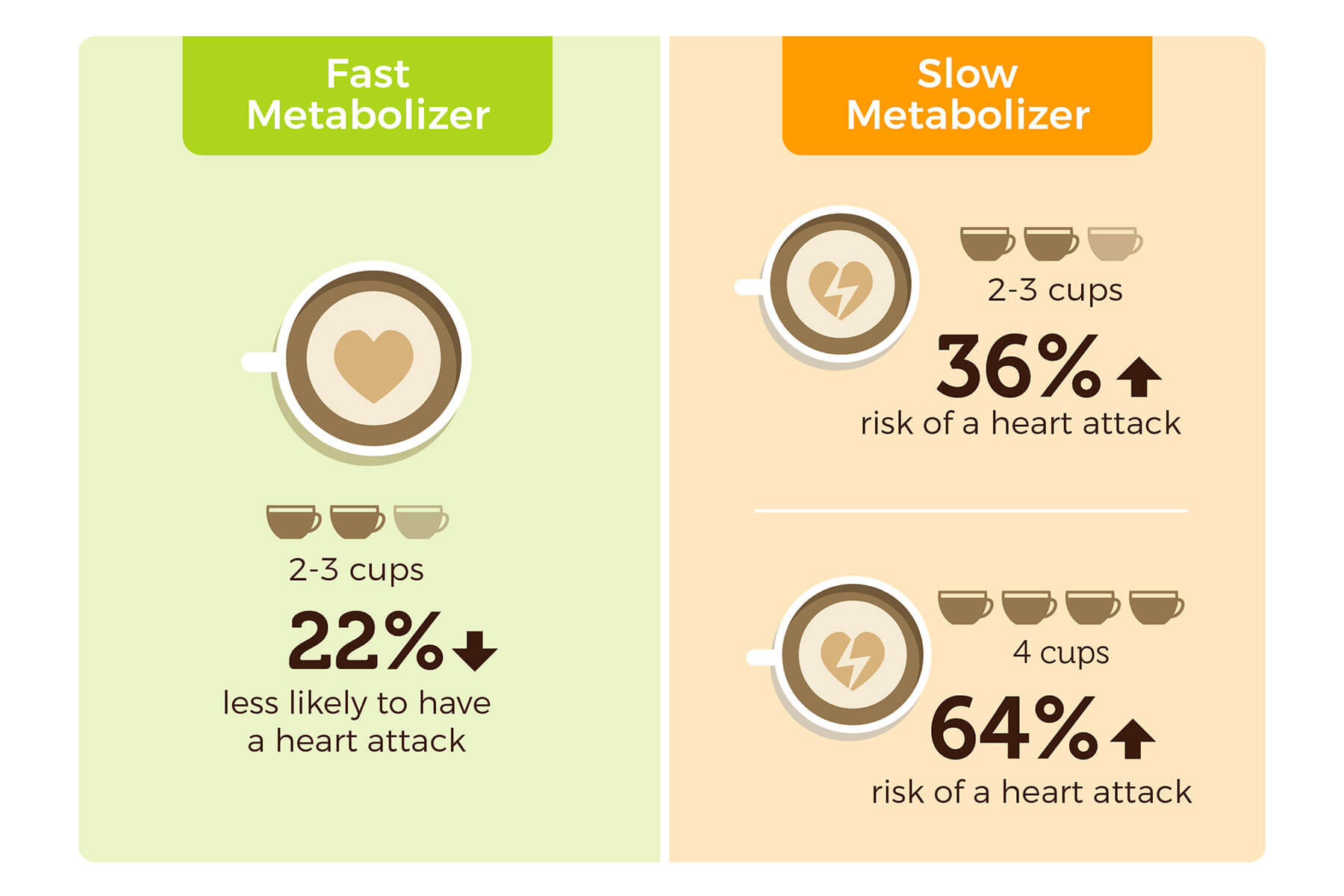
Your DNA and Caffeine Metabolism
Your sensitivity to caffeine is influenced by your genes, particularly the CYP1A2 gene. This gene produces an enzyme in your liver responsible for breaking down caffeine. There are different versions of the CYP1A2 gene, which can make you either a fast or slow metabolizer of caffeine:
- Fast Metabolizers: If you have a version of the CYP1A2 gene that makes you a fast metabolizer, your body breaks down caffeine quickly. This means you can usually handle more caffeine without feeling its effects as strongly or for as long.
- Slow Metabolizers: If you have a version of the CYP1A2 gene that makes you a slow metabolizer, your body processes caffeine more slowly. This can lead to a more intense and prolonged effect of caffeine, making you more likely to experience side effects from even small amounts of caffeine.
Other tests you may be interested in
Alcohol is another common beverage that can cause health complications in genetically susceptible individuals. Find out if your occasional glass of wine or beer could be significantly increasing your risk of esophageal cancer with our Alcohol Intolerance Test.
Understanding Your Results
Your DNA Caffeine Sensitivity Test looks for specific changes (variants) in your CYP1A2 gene that influence how you metabolize caffeine. Knowing these variants can help you understand your caffeine sensitivity and make better dietary choices. Here’s a breakdown of the variants that the test looks for:
| Gene | Variants | Description |
|---|---|---|
| CYP1A2 | -163 CC | Associated with slow caffeine metabolism, leading to increased sensitivity and a higher likelihood of side effects like jitters and trouble sleeping. Individuals with this genotype have an increased risk of myocardial infarction and hypertension if more than two cups of coffee are consumed per day. |
| CYP1A2 | -163 CA | Linked to moderate caffeine metabolism, which may still result in increased sensitivity and some side effects. Individuals with this genotype have an increased risk of myocardial infarction and hypertension if more than two cups of coffee are consumed per day. |
| CYP1A2 | -163 AA | Commonly associated with fast caffeine metabolism, allowing for greater caffeine intake without strong or long-lasting effects. Individuals with this genotype are not at increased risk of myocardial infarction or hypertension after coffee consumption. |
By understanding your genetic predisposition to caffeine sensitivity, you can make informed decisions about your caffeine intake. Fast metabolizers may need to consume more caffeine to achieve the desired effects, while slow metabolizers may benefit from moderating their intake to avoid potential side effects.
Frequently Asked Questions
Once your sample is received by our laboratory, processing usually takes 6-8 weeks. You will receive an email notification when your results are ready, and you can access your detailed report through a secure online portal.
We take data privacy seriously. Your results are confidential and only shared with you. We do not share your results with insurance companies, employers, or any other third parties.
Why DNA Tests Direct?
Accredited Excellence
Your Privacy, Protected
Expert Support
Related Test Kits
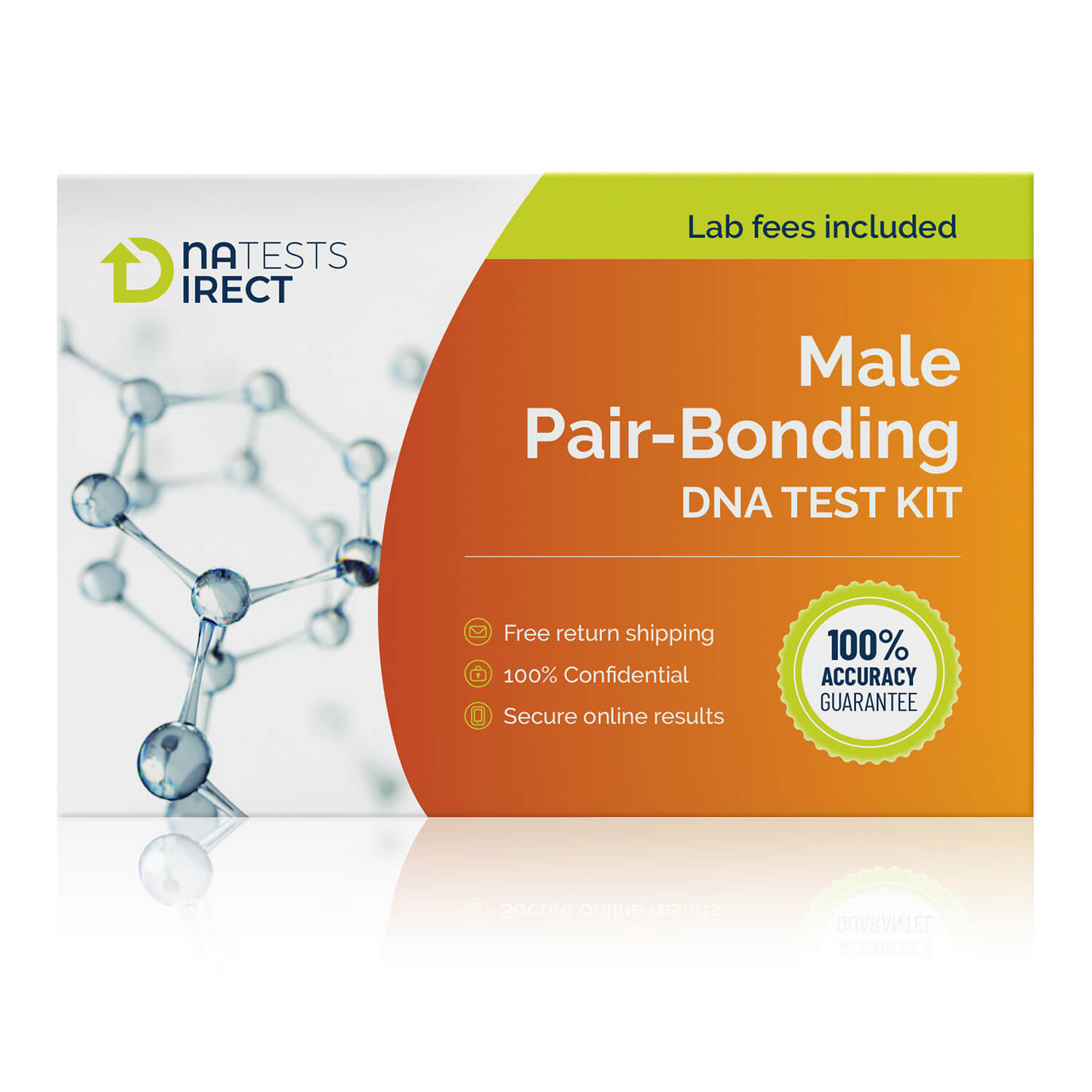
$149
Is it your genes that prevent you from making that long-term commitment to your partner? Find out if your fear of commitment is due to your genes.

$498
Unlock your genetic potential for a healthier lifestyle with our comprehensive DNA Diet & Fitness 3 Test Combo. This bundle combines three powerful tests – Nutrition, Fitness, and Weight Loss – to provide a complete picture of how your unique DNA influences your overall health and wellness.
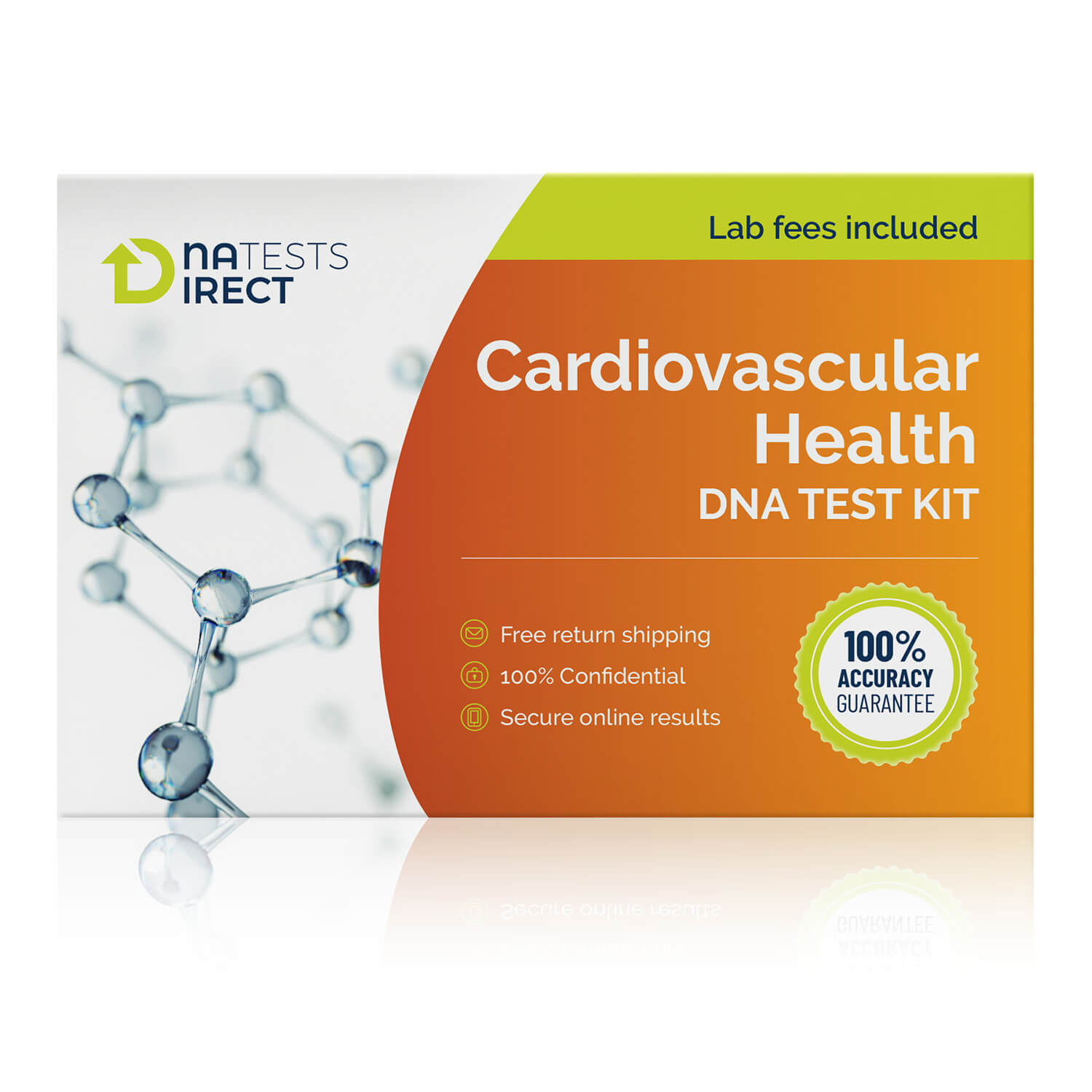
$349
Heart health is influenced by genetics because genes influence the levels of “good” cholesterol, “bad” cholesterol and triglycerides. Find out if you are at increased risk of poor heart health.
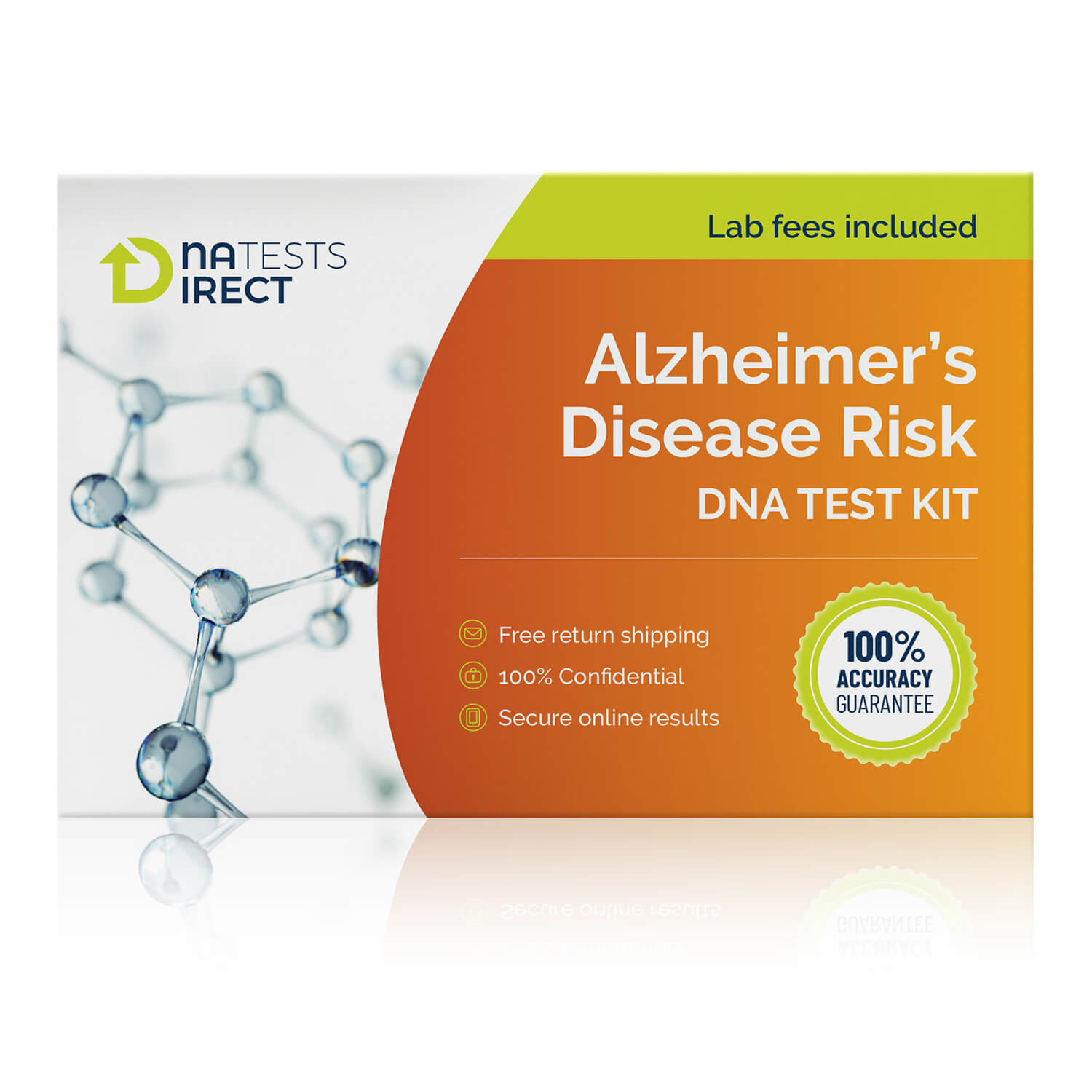
$195
Discover if you are genetically predisposed to late-onset Alzheimer’s with this simple, at-home DNA test. This test detects whether you carry the APOE4 variant, a key genetic risk factor linked to an increased risk of Alzheimer’s disease.
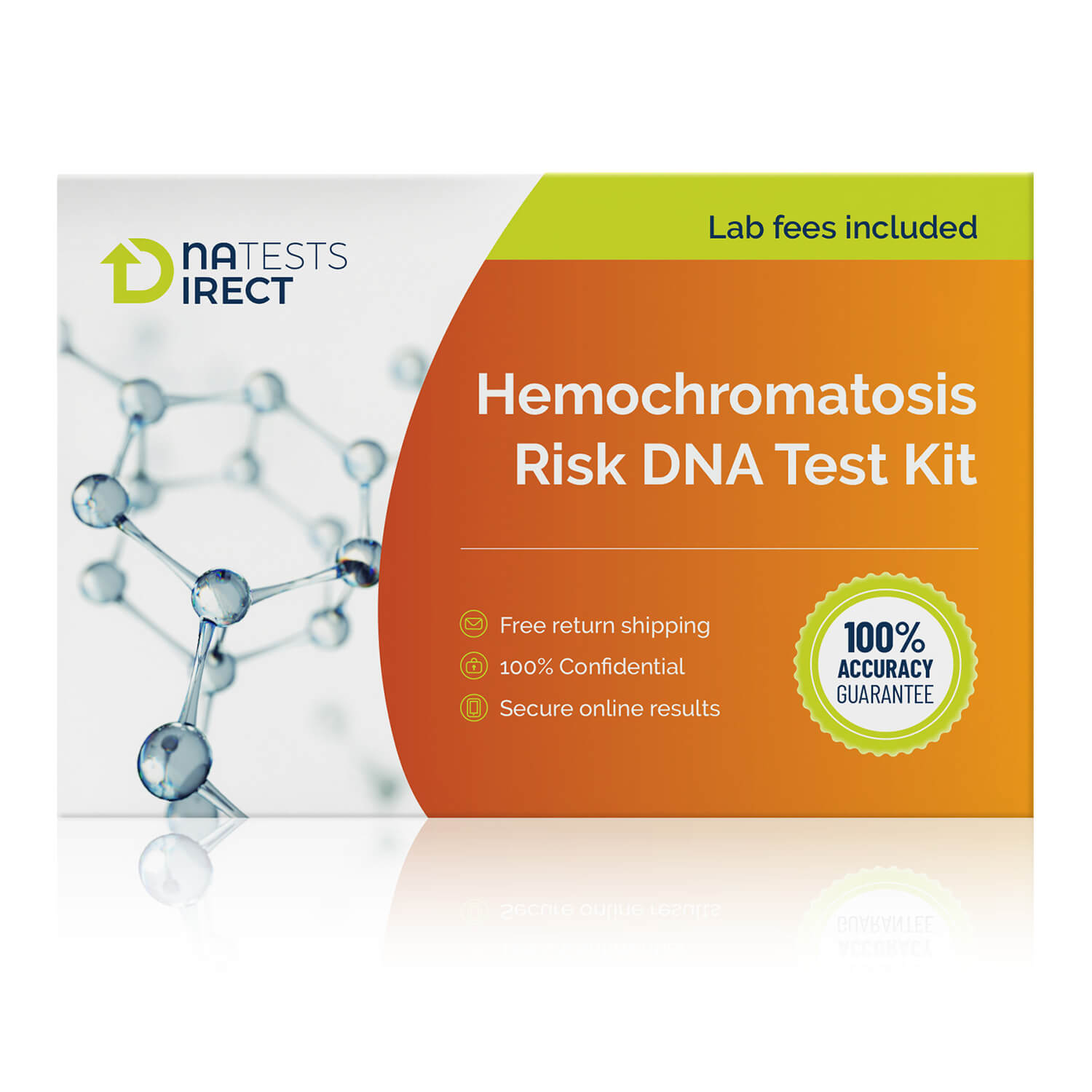
$195
Discover if you are at risk of developing hereditary hemochromatosis with this simple, at-home DNA test. This test detects three mutations in the HFE gene, which account for approximately 85% cases of hereditary hemochromatosis.

$149 $271
Find out the likelihood of a true biological relationship between a potential aunt/uncle and niece/nephew.

$149 $271
Find out the likelihood that two people are biologically related as first cousins.

$149 $271
Confirm whether a potential mother is the true biological mother of a child.

